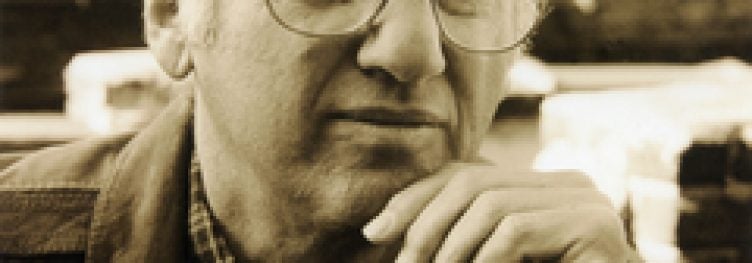I always have my eye out for writing advice, even from authors who typically write in different genres than my usual. The following excerpts are from an interview Tim Ferriss did with Fred Waitzkin (part 1, part 2), an author perhaps best known for his book, Searching for Bobby Fischer.
From part 1:
On ending one day of writing and beginning another:
. . . Ernest Hemingway: At the end of each writing day I leave unwritten a small portion of what I still had in my mind to compose that day.
On recording insights anytime, anywhere:
. . . I always carry a small pad in my pocket to write it down.
On writing consistently and accessing subconscious mulling of your subject:
. . . When I haven’t written for a month or two I cannot access this part of being [i.e., subconscious thoughts] and I have to begin training in my fashion.
. . . Now, many years later, when I’m working on a book I write everyday except Sunday, when I watch football or go to the country with my wife. This routine has settled deeply inside. It gives me confidence. I’ve learned that pages will come if I go to my quiet office and stick with my routine.
From part two:
On beginning a new day (or page) of writing:
. . . I always read back several pages before I try to write anything new. Moving back through interesting material seems to give me momentum to push ahead…
On the disproportion of time and productivity:
. . . Sometimes a writer can do more in a fervent half hour than in a dreary eight-hour day. I’ve often played this game with myself.
On knowing your subject (though he seems to primarily have fiction writing in mind, I see a relation to academic writing in a number of ways):
. . . Here is one generalization that might be useful: A good writer needs to become intimately involved with “fictive truth.” Bullshitting never works in writing—a good reader can always tell when a writer knows what he is talking about. If you write about the ocean, you must know the movement of the ocean, the smell and taste. Don’t try to invent it. It will smell like a fake. When you are trying to create a character he or she must be “true.” Fiction is not making up stuff out of whole cloth. It is always linked to a writer’s experience. Fiction is a wonderful tango between the writer’s experience and his imagination.

http://rcsprouljr.com/blog/ask-rc/rc-write-well/
Interesting analogy there, but a few good tidbits.
http://betweenthetimes.com/index.php/2013/04/08/briefly-noted-why-scholars-tend-to-be-awful-writers/